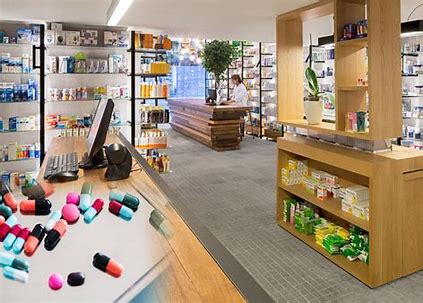The Lagos State branch of the Pharmaceutical Society of Nigeria (PSN) has blamed the Federal Government and the National Agency for Food and Drug Administration and Control (NAFDAC) for the sharp rise in drug prices across the country. The group said government efforts to make drugs cheaper have been poorly handled and are not working.
The chairman of PSN Lagos, Oyekunle Babayemi, in a statement to reporters, said President Bola Tinubu’s executive order, which was meant to reduce drug prices, has “failed completely” and is instead making the crisis worse.
He explained that the order, signed in June 2024, removed tariffs, excise duties, and VAT on drug inputs, but Nigerians have not seen any relief. Instead of falling, drug prices have gone up, and life-saving medicines are now harder to find.
Quoting a recent news report, Babayemi said the order was weak from the beginning because it did not address the real problems driving drug prices—such as Nigeria’s heavy dependence on imports and regulatory delays.
He also accused NAFDAC of charging unfair and excessive fees on drug importers and manufacturers, which he said are a major reason drug prices are rising.
According to him, NAFDAC makes every importer pay separately for the same foreign inspection of manufacturing sites. The first company pays \$10,989.01 for the inspection, while others are charged an extra \$5,000 each for what NAFDAC calls a “risk-based desk review.”
Babayemi described this system as “monumental injustice,” saying it blocks fair competition, pushes small companies out of business, and leaves Nigerians at the mercy of high drug prices.
He further accused NAFDAC of focusing on generating revenue instead of protecting public health. He said prolonged drug registration processes and the proposed “Track and Trace” policy—requiring full repackaging of existing drug products—would only make things worse.
“If Track and Trace is implemented, drug prices could rise by 70 to 85 per cent. This is suicidal for patients who are already struggling to buy basic medicines,” he warned.
Babayemi also faulted NAFDAC for trying to impress international organizations like the World Health Organization (WHO), instead of prioritizing affordable healthcare for Nigerians. He explained that while India, Nigeria’s biggest drug supplier, is already at WHO’s ML1 status, Nigeria is still on ML3 and should be fixing its own systems instead of copying standards that don’t fit local realities.
The PSN Lagos chairman called on President Tinubu to urgently review the policy and set up a Presidential Committee on the Pharmaceutical Sector led by a registered pharmacist.
He argued that only pharmacists, not physicians, can properly lead reforms in drug pricing and distribution. Without that change, he warned, Nigerians will continue to suffer from soaring drug prices that threaten millions of lives.


